
I didn't do it! | The Children and the Lies

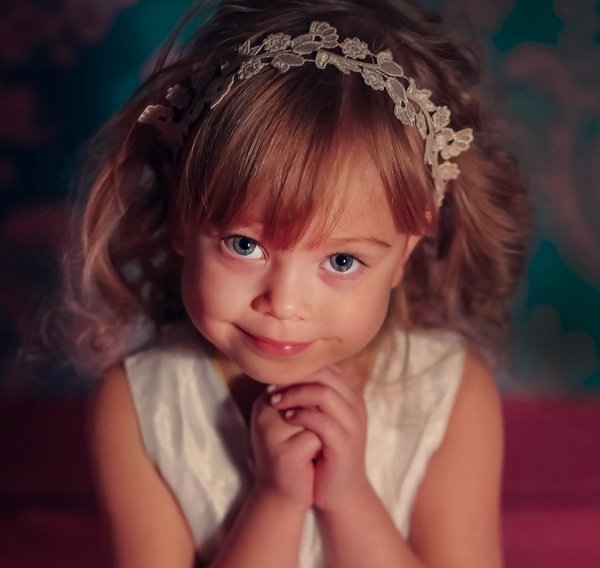

Desde la cocina escuchas el sonido de que algo cayó al piso quebrándose en pedazos, sales corriendo de inmediato a la sala y vez tu adorno favorito roto. El único que se encuentra en el lugar de los hechos es tu pequeño hijo, quien rápidamente te mira y dice ¡Yo no fui! mientras agarra rápido su pelota que se encuentra entre los pedazos de vidrio. No te quedan dudas de que golpeó el adorno jugando con el balón. Quizás lo sucedido te molesté, pero lo que más te enfada es que tu hijo te mienta al decir que él no fue.
Así es, la mentira puede hacernos disgustar. Lamentablemente muchos niños toman ese mal hábito, quizás por miedo a decir la verdad o porque simplemente lo imita de otras personas. Pero como mencioné, la mentira es un mal hábito, así que es algo que se va creando con el pasar del tiempo y que puede ser corregido.
From the kitchen you hear the sound of something falling to the floor and shattering into pieces, you immediately run into the living room and see your favorite ornament broken. The only one on the scene is your young son, who quickly looks at you and says I didn't do it! as he quickly grabs his ball from between the shards of glass. You have no doubt that he hit the ornament while playing with the ball. Maybe what happened upset you, but what angers you the most is that your son lies to you and says it wasn't him.
That's right, lying can make us upset. Unfortunately many children pick up this bad habit, perhaps because they are afraid to tell the truth or because they simply imitate it from other people. But as I mentioned, lying is a bad habit, so it is something that is created over time and can be corrected.

Un niño todo a lo aprende, así que si ha comenzado a mentir de seguro lo aprendió de alguien. Y por lo general somos nosotros mismos los adultos u otros niños que les enseñamos a mentir, hasta sin darnos cuenta.
Por ejemplo, llega alguien y nos toca la puerta de la casa, pero no queremos salir, así que le decimos al niño, ¡ve y dile que no estoy!, y el niño sin entender porque envías a decir eso le dice a la persona ¡que dice mi mamá que no está! Dicho de otra manera, lo enviamos a mentir, y peor aún, cuando regresa le decimos que lo dijo mal y le enseñamos como debió decirlo. Entonces ¿quién le está enseñado al niño a mentir?
A child learns everything, so if he/she has started to lie, he/she surely learned it from someone. And usually it is us adults or other children who teach them to lie, even without realizing it.
For example, someone comes and knocks on the door of the house, but we do not want to leave, so we tell the child, go and tell him I'm not here, and the child, without understanding why you send him to say that, tells the person that my mom says he is not here! In other words, we send him to lie, and worse, when he comes back we tell him that he said it wrong and teach him how he should have said it. So who is teaching the child to lie?

Los padres y otros adultos debemos dar el ejemplo. Los niños pueden darse cuenta cuando les decimos mentiras a otras personas y comienzan a verlo como algo normal y cotidiano. Pero cuando nos mienten a nosotros nos molestamos.
Queremos tener niños honestos, pero para eso debemos darles un buen ejemplo y no justificarnos. Recuerdo que el ejemplo que les mencioné recientemente me sucedió con mi mamá, pero en vez de ir a decirle eso a las personas, le pregunté a mi mamá que por qué tenía que decir una mentira. Ella se dio cuenta lo que estaba haciendo y me dijo que tenía razón, que estaba mal hecho hacer eso, entonces salió ella misma a atender la visita.
Muchas mentiras pudieran parecer sutiles, pero mentira es mentira sea pequeña o grande. La manera ideal para que en un hogar haya confianza es que sean sinceros los unos con los otros. Yo toda mi infancia le tuve miedo al coco y al ropavejero (personajes que no existen, pero que mis padres lo utilizaban para darme miedo y que me portara bien), en pocas palabras, me mintieron.
Parents and other adults must set the example. Children can tell when we tell lies to other people and begin to see it as something normal and everyday. But when they lie to us, we get upset.
We want to have honest children, but for that we must give them a good example and not justify ourselves. I remember the example I mentioned recently happened to me with my mom, but instead of telling people that, I asked my mom why she had to tell a lie. She realized what I was doing and told me that I was right, that it was wrong to do that, so she went out herself to attend the visit.
Many lies may seem subtle, but a lie is a lie, big or small. The ideal way for there to be trust in a home is to be honest with each other. All my childhood I was afraid of the bogeyman and the cloth-dresser (characters that do not exist, but that my parents used to scare me so that I would behave well), in short, they lied to me.

Enseñar a los niños la honradez pudiera compararse a darles un objeto de mucho valor; muchos lo necesitan, pero pocos la tienen.
La confianza en la familia es muy importante y nace de la sinceridad y la honestidad de sus miembros. Recuerdo que mi mamá me dejó muy claro eso mientras pasaba por mi adolescencia, me decía: mientras más sincera eres más confianza te tengo y te daré más permisos, pero si se pierde la confianza es muy difícil recuperarla.
Teaching children honesty could be compared to giving them an object of great value; many need it, but few have it.
Trust in the family is very important and is born from the sincerity and honesty of its members. I remember that my mother made this very clear to me as I was going through my adolescence, she used to tell me: the more sincere you are, the more trust I have in you and I will give you more permissions, but if trust is lost it is very difficult to regain it.

Así que comencé a contarles todo a mis padres, con sinceridad, así me costará y tuviera que agachar la cabeza. Mi mamá se daba cuenta cuando yo le mentía y eso lo hacía más difícil. Con el tiempo ese sentimiento de mentir por miedo se me quitó, y todo eso dependió de la reacción de mis padres cuando les decía la verdad, no se apresuraban a regañarme, sino más bien a escuchar.
Aprender a ser sincera con mis padres y con las demás personas me ayudó a ver la mentira como algo que hace daño y que puede perjudicarme. La honestidad y honradez hablan muy bien de una persona. Además de tener una buena conciencia. Siempre pensaba en eso para evitar decir mentiras.
So I started to tell my parents everything, honestly, even if it cost me and I had to keep my head down. My mom could tell when I lied to her and that made it harder. Eventually that feeling of lying out of fear was removed, and it all depended on the reaction of my parents when I told them the truth, they were not quick to scold me, but rather to listen.
Learning to be honest with my parents and with other people helped me to see lying as something that hurts and can harm me. Honesty and honesty speak very well of a person. As well as having a good conscience. I always thought about that to avoid telling lies.

Así que queremos que nuestros niños tengan buenas cualidades, pero para ello recordemos que debemos darles el ejemplo y aprender a escucharlos. No siempre dirán mentiras, así que debemos estar atentos a lo que dicen y como lo dicen, así los cuidaremos de cualquier peligro y confiaremos en ellos.
¡hagamos porque nunca desaparezca!”
(Autor Desconocido)
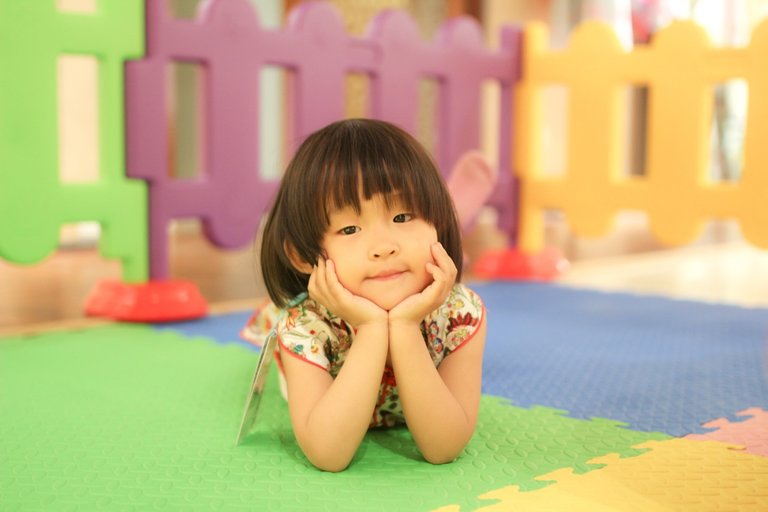
So we want our children to have good qualities, but to do this we must remember to set an example and learn to listen to them. They will not always tell lies, so we must be attentive to what they say and how they say it, so we will guard them from any danger and trust them.
"A child's honesty is immense,
let's make sure it never disappears!"
(Author Unknown)



Recursos utilizados en la publicación: / Resources used in the publication:
Separador: elaborado por mi / Separator: prepared by me.
Banner: pixabay by Sponchia, editado por mi / edited by me.
Links: creados por mi, recurso utilizado / created by me, resource used pixabay by OpenClipart-Vectors.
Editores: / Editors: Canva, PowerPoint.
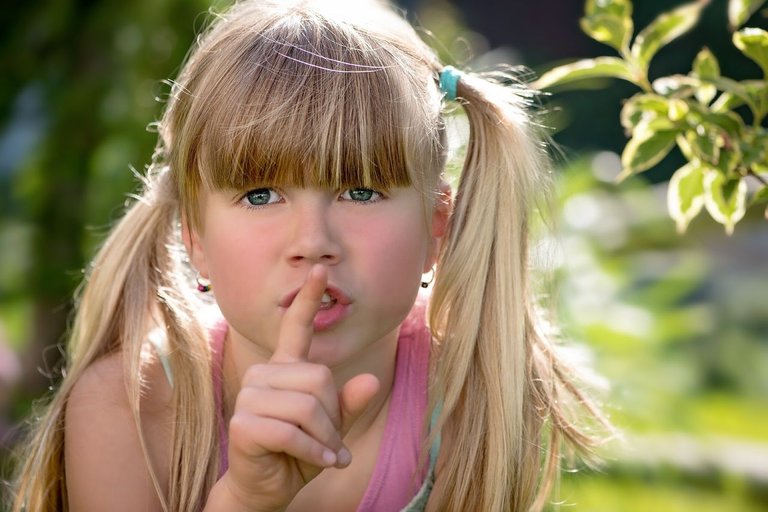
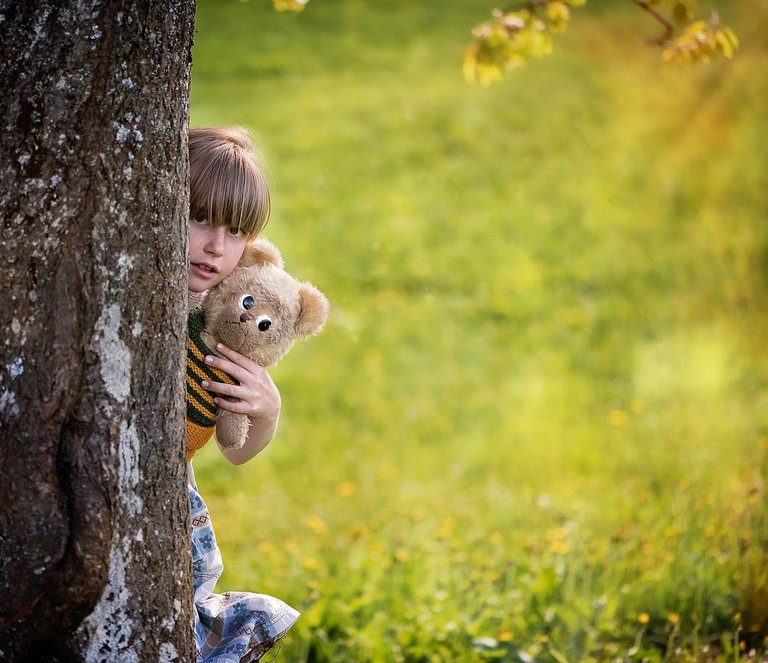

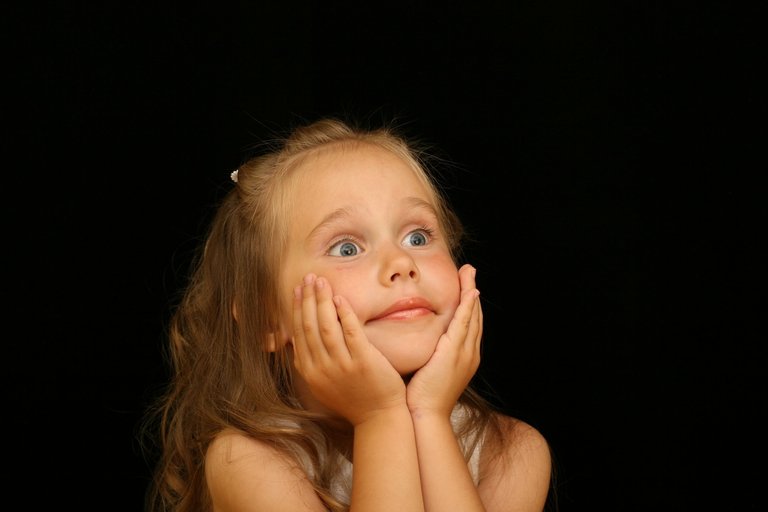





La mentira es el arte que los niños aprenden de los padres, nosotros somos los primeros en mentirles, siempre ha sido así, comienzan con mentirillas blancas y se van tornando en cosas más grandes, para mi el primer error esta en eso, que en vez de razonar con el niño, abiertamente le mentimos... Luego nos quejamos cuando ellos nos aprenden a mentirnos...
Asi es amigo jesus, los niños todo lo aprenden, por eso es que debemos estar atentos al ejemplo que le estamos dando.
Gracias por tu comentario.
Siempre que tenga tiempo e internet, pasare a comentar :)
Excelente mensaje, estoy de acuerdo contigo, los niños aprenden del ejemplo. Me pareció muy buena tu publicación, te felicito.
Muchas gracias, me alegra que te haya gustado. Gracias por leer mi publicación y tomarte el tiempo de comentar.